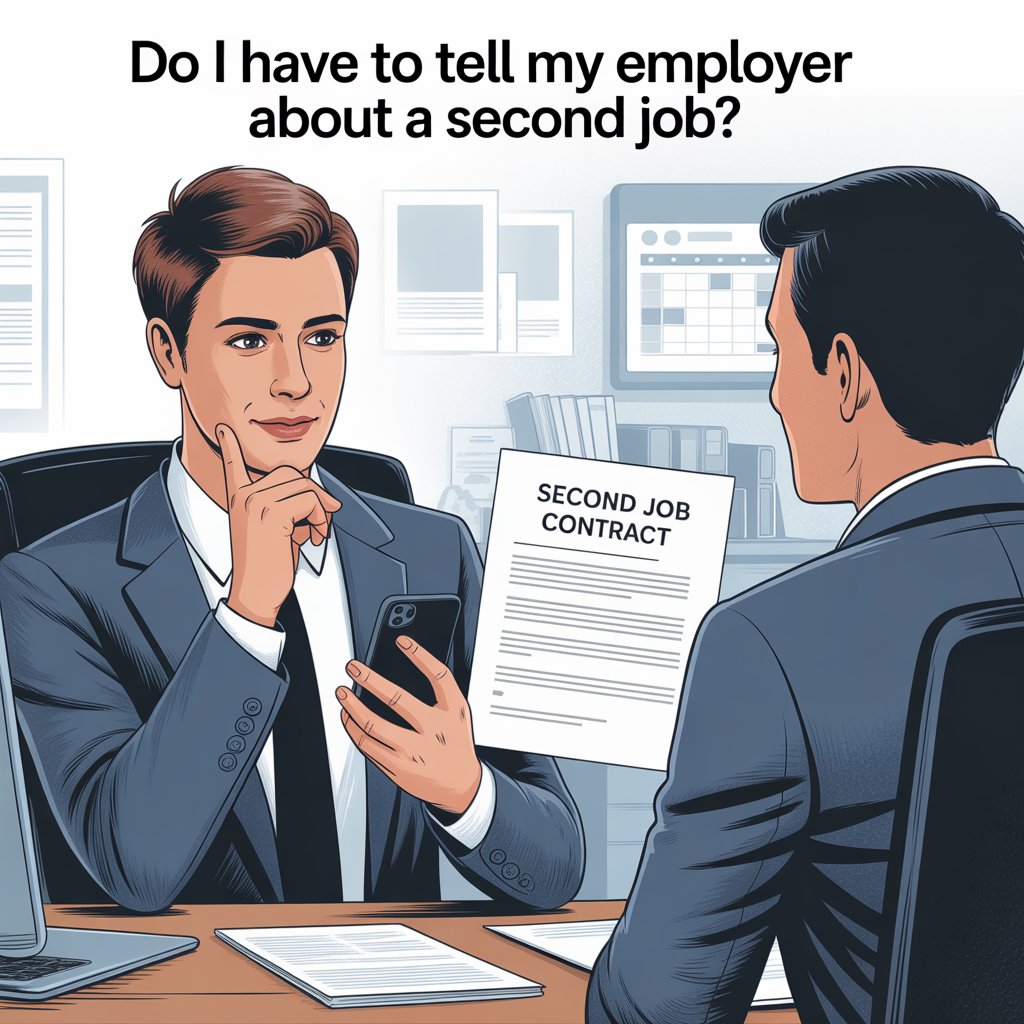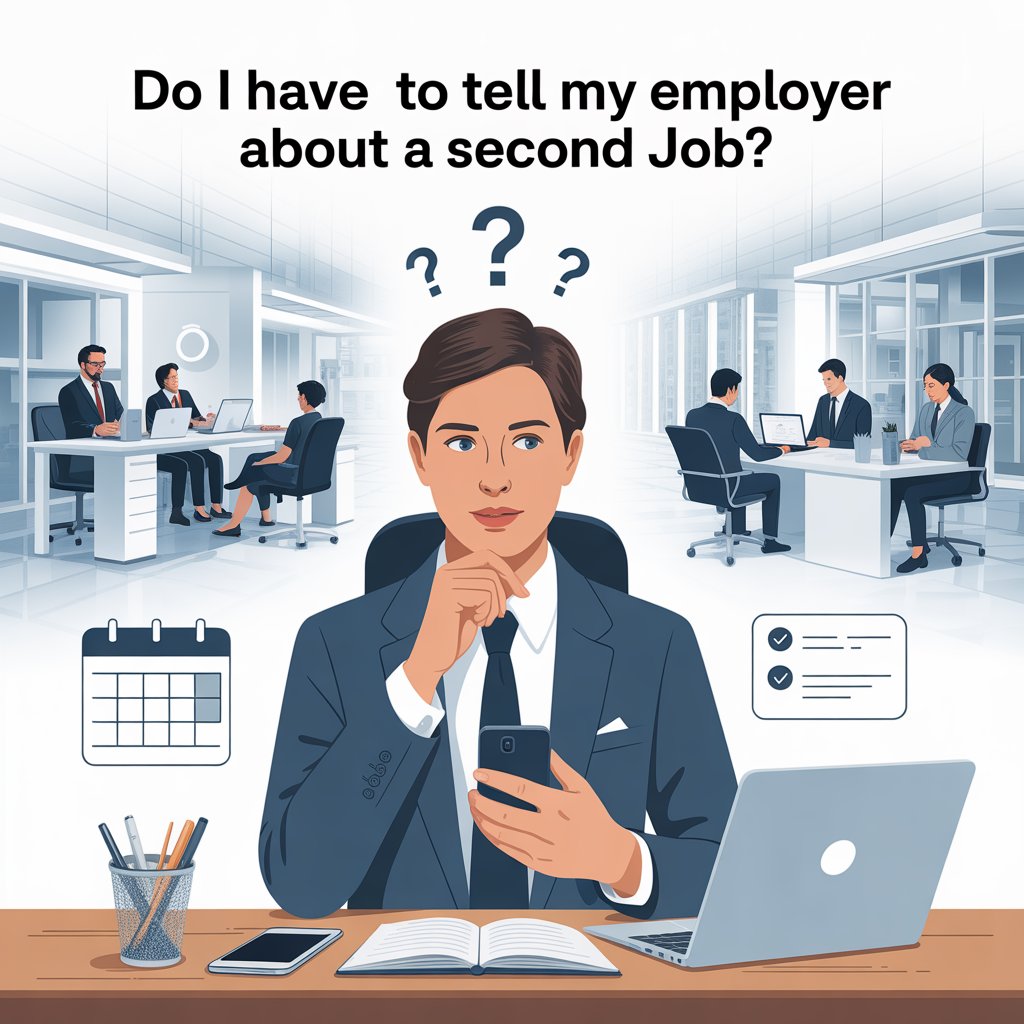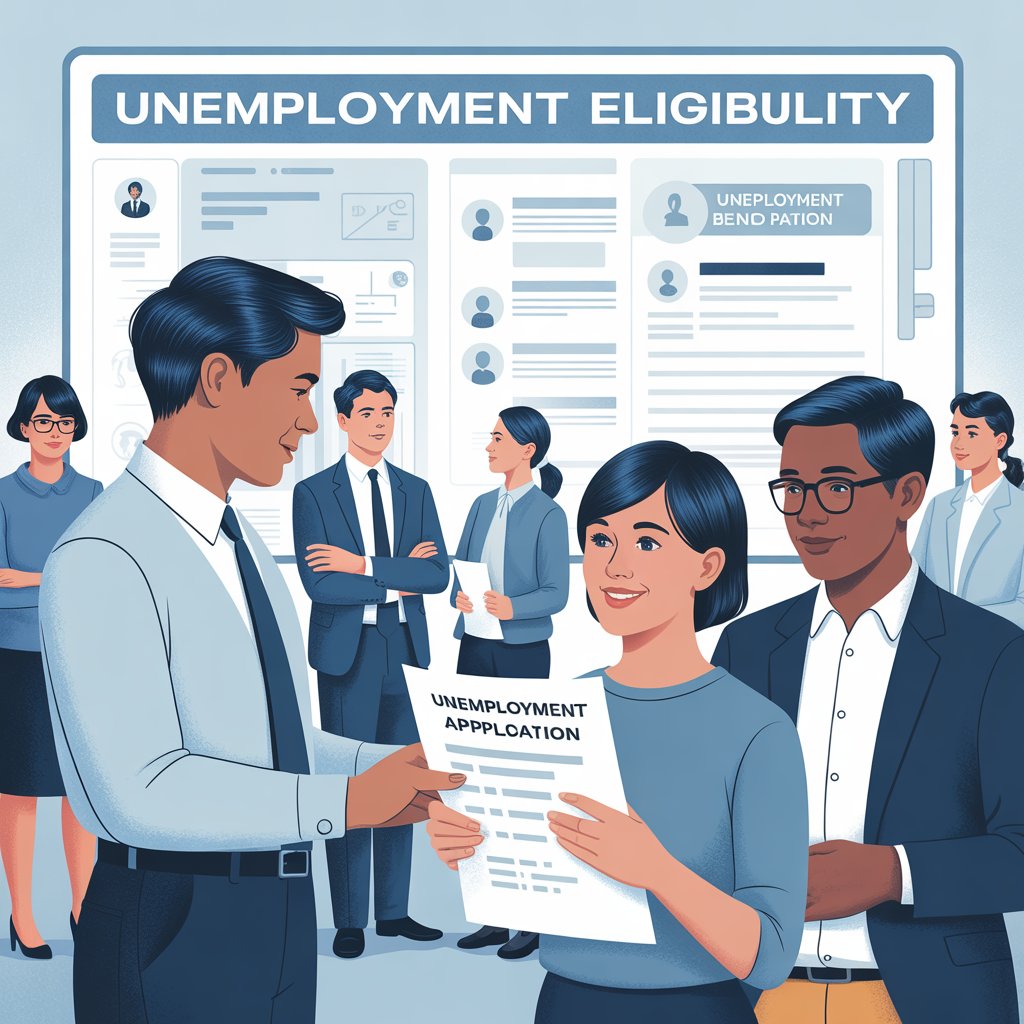As we step into 2025, the job market continues to evolve, and so do the tools we use to secure employment. One of the most debated topics is the relevance of cover letters. Do they still hold value in a world increasingly dominated by digital communication and automated processes? Let’s explore whether cover letters are still a necessary part of job applications today.
Key Takeaways
- Cover letters still play a vital role in showcasing personality and motivation to employers.
- Some industries and employers may still expect cover letters as part of the application process.
- Technological advancements, like AI screening, are changing how cover letters are perceived but not eliminating their importance.
- Alternatives to traditional cover letters, such as video applications and LinkedIn profiles, are gaining traction.
- Personalization in cover letters is key; addressing the hiring manager and reflecting company culture can set you apart.
The Role Of Cover Letters In Modern Job Applications
Understanding Their Purpose
Okay, so what’s the deal with cover letters these days? Basically, they’re your chance to shine beyond your resume. Think of it as your personal sales pitch to a potential employer. It’s where you connect your skills and experience to the specific job and show why you’re genuinely interested in the company. It’s not just repeating your resume; it’s about adding context and personality.
How They Complement Resumes
Resumes are great for listing your qualifications and experience, but they can feel a bit dry. Cover letters? They’re where you bring those bullet points to life. Here’s how:
- Explain the why behind your accomplishments. Don’t just say you increased sales; explain how you did it and what you learned.
- Showcase your soft skills. Communication, teamwork, problem-solving – these are hard to convey in a resume, but a cover letter lets you demonstrate them through examples.
- Address any gaps or career changes. If you’re switching industries or have employment gaps, a cover letter gives you space to explain the situation and highlight transferable skills.
The Human Element In Applications
In a world of digital applications and automated screening, cover letters add a much-needed human touch. It’s a chance to connect with the hiring manager on a personal level and show your enthusiasm for the role. It’s also a way to:
- Demonstrate your writing skills. A well-written cover letter shows you can communicate effectively.
- Show you’ve done your research. Mentioning specific projects or initiatives at the company shows you’re genuinely interested.
- Make a memorable impression. In a stack of applications, a thoughtful cover letter can help you stand out from the crowd.
When Are Cover Letters Required?
Specific Job Applications
Okay, so when do you actually need a cover letter? Well, sometimes the job posting will straight up tell you. If they ask for one, send one. It’s pretty straightforward. But what if they don’t say anything? That’s where it gets a little trickier. If you have a referral, or a personal connection to the company, a cover letter is a great way to mention that. Also, if you have any gaps in your resume or are making a career change, a cover letter can help explain the situation.
Industry Expectations
Some industries still lean heavily on cover letters. Think creative fields like writing, marketing, or design. In these areas, a cover letter is almost always expected. It’s seen as a way to show off your communication skills and personality. On the other hand, some more technical fields might not care as much. But it’s always better to err on the side of caution. If you’re not sure, do some research. Look at job postings in your industry and see what they typically ask for. You can also ask people in your network for their advice.
Employer Preferences
Even within the same industry, different employers have different preferences. Some hiring managers love cover letters and read every single one. Others might just skim them or not read them at all. It really depends on the company culture and the hiring manager’s personal style. If you can find out who the hiring manager is, you might be able to get a better sense of their preferences. Check their LinkedIn profile or see if you have any mutual connections who can give you some insight. If the application system doesn’t allow you to upload a cover letter, that’s a pretty good sign that it’s not required.
The Impact Of Technology On Cover Letters
Digital Applications
Technology has changed how we apply for jobs. It used to be all paper and mail, but now it’s mostly online. This shift affects cover letters too. Instead of mailing a physical letter, you’re uploading a document or typing directly into a text box. This means your cover letter needs to be easily readable on a screen. Keep the formatting simple and use a font that’s easy to read. Also, make sure your file is compatible with different systems. You don’t want your cover letter to look weird when the hiring manager opens it.
AI And Automated Screening
AI is now a big part of the hiring process. Companies use software to scan resumes and cover letters for keywords. This means you need to tailor your cover letter to match the job description. If the job posting mentions “project management” or “data analysis,” make sure those terms appear in your letter. Don’t just stuff keywords in there, though. The AI can usually tell if you’re not being genuine. It’s a balancing act between optimizing for the algorithm and writing a compelling letter. Some interesting data points:
- AI helps hiring managers find better candidates.
- AI can also spot fake resumes.
- You need to make sure your cover letter is both human and machine-readable.
Video Cover Letters
Video cover letters are becoming more popular. Instead of writing a letter, you record a short video introducing yourself and explaining why you’re a good fit for the job. This can be a great way to show your personality and communication skills. However, it’s not for everyone. You need to be comfortable on camera and have good presentation skills. Also, make sure the video quality is good and the background is professional. A poorly made video can hurt your chances. Consider these points before making a video application:
- Video cover letters show personality.
- They require good presentation skills.
- Quality matters – bad videos can hurt your chances.
Common Misconceptions About Cover Letters
Are They Always Necessary?
It’s a common belief that cover letters are always needed, but that’s not really true. Sometimes, the job posting will specifically say not to include one. Ignoring those instructions won’t make you look dedicated; it just shows you can’t follow directions. Plus, some companies just don’t care about cover letters at all. They might not want their hiring managers wasting time on bad ones. So, always read the job description carefully.
Do They Make A Difference?
Some people think cover letters don’t matter, that hiring managers don’t even read them. But that’s not always the case. A well-written cover letter can really make you stand out. It lets you explain why you’re interested in the company, expand on your experience, and show how you fit the role. If your resume is a decent fit, employers will probably read your cover letter. It can give insights that a resume can’t, like your personality and soft skills. So, yes, they can make a difference, especially if you want to highlight your unique qualifications.
Can They Be Too Long?
Yes, absolutely! Nobody wants to read a novel. Keep it concise and to the point. Hiring managers are busy, and they don’t have time to wade through pages of text. A good rule of thumb is to stick to one page. Focus on the most important things: why you’re a good fit for the job and what you can bring to the company. Don’t just repeat your resume; add something new. And definitely don’t ramble. A short, well-written cover letter is way better than a long, boring one. If you don’t have time to customize your cover letters, it’s better not to send one at all.
Crafting An Effective Cover Letter
Key Components To Include
Okay, so you’re actually going to write a cover letter? Cool. Let’s make sure it’s not a waste of time. First, think of it as a highlight reel of your resume, but with personality. Don’t just repeat what’s already there. Instead, tell a story.
Make sure you include these things:
- A strong opening: Grab their attention right away. Mention the specific job and why you’re excited about it. No generic greetings!
- Skills and experience: Connect your skills to the job requirements. Give examples of how you’ve used those skills to achieve results. Numbers are your friend here.
- Company knowledge: Show that you’ve done your homework. Mention something specific about the company that resonates with you. This shows you’re genuinely interested, not just spamming applications.
- A clear call to action: Tell them you want an interview. Make it easy for them to contact you. End on a confident note.
Tailoring For Each Job
Seriously, don’t send the same cover letter to every job. It’s obvious, and it’s lazy. Take the time to customize each one. Read the job description carefully and identify the key skills and qualifications they’re looking for. Then, tweak your cover letter to highlight those specific things. It takes more time, but it’s worth it. Think of it as quality over quantity. A tailored cover letter shows you’re serious about this job, not just any job. It’s about making a connection and showing them why you are the perfect fit. If you have a personal referral, make sure to mention it!
Common Mistakes To Avoid
Alright, let’s talk about what not to do. Cover letters can be tricky, and it’s easy to make mistakes. Here are a few common pitfalls to avoid:
- Typos and grammatical errors: Proofread, proofread, proofread! Nothing screams “unprofessional” like a cover letter riddled with mistakes. Use a spell checker, but also have a friend read it over. Fresh eyes can catch things you missed.
- Being too generic: As we’ve said, customize each letter. Don’t use the same template for every job. Hiring managers can spot a generic cover letter a mile away.
- Repeating your resume: Your cover letter should complement your resume, not duplicate it. Use it to add context, tell stories, and show your personality. Expand on your education history and experience.
- Being too long: Keep it concise. Aim for one page. No one wants to read a novel. Get to the point and highlight the most important information. The optimal length for a cover letter is between 250-400 words long.
- Talking too much about yourself: Focus on what you can do for the company, not just what the company can do for you. Show them how your skills and experience will benefit their organization. What’s your next career move?
Alternatives To Traditional Cover Letters
LinkedIn Profiles As Cover Letters
Think of your LinkedIn profile as a living, breathing cover letter. It’s often the first place recruiters will look to get a sense of who you are. Make sure your “About” section tells your story, highlighting your key skills and experiences. Treat it like a dynamic cover letter, updating it regularly to reflect your career goals and achievements. It’s a great way to showcase your professional brand without the formality of a traditional letter.
Video Applications
Tired of writing? A video application can be a refreshing alternative. It allows you to showcase your personality and communication skills in a way that a written document simply can’t. Keep it concise, professional, and engaging. Here are some tips:
- Keep it short and sweet (around 2-3 minutes).
- Highlight your key skills and experiences relevant to the job.
- Show your enthusiasm for the role and the company.
- Ensure good lighting and sound quality.
Portfolio Websites
For those in creative fields, a portfolio website is a must. It’s a visual representation of your skills and accomplishments. Instead of just telling employers what you can do, you can show them. A well-designed portfolio can speak volumes, making a traditional cover letter almost redundant. Make sure to include:
- Examples of your best work.
- Brief descriptions of each project, highlighting your role and contributions.
- A clear and easy-to-navigate layout.
- Testimonials or recommendations, if available.
The Future Of Cover Letters
Trends In Hiring Practices
Hiring is changing, no doubt about it. It feels like every other week there’s some new tech promising to revolutionize the process. What does this mean for cover letters? Well, it’s complicated. On one hand, automation and AI are becoming more prevalent, potentially reducing the emphasis on personalized documents. On the other hand, as the job market evolves, the need to showcase soft skills and unique qualifications might actually increase the importance of a well-crafted cover letter. It’s a bit of a tug-of-war, really.
Evolving Employer Expectations
What employers want is always in flux. Right now, there’s a big push for candidates who can demonstrate adaptability, critical thinking, and emotional intelligence. Cover letters offer a space to showcase these skills in a way that a resume simply can’t. But, employers are also swamped, so brevity and clarity are key. They want to quickly understand why you’re a good fit, without having to wade through fluff. So, expect to see a continued emphasis on tailoring your cover letter to each specific role, highlighting the most relevant skills and experiences.
The Role Of Soft Skills
Soft skills are the name of the game. You can teach someone how to use a specific software, but it’s much harder to teach them how to communicate effectively or work well in a team. Cover letters are a prime opportunity to demonstrate these skills. Think about it: you’re not just listing your qualifications, you’re telling a story about how you’ve used those qualifications to achieve results. This is where you can really shine and show employers that you’re not just a robot with a list of accomplishments, but a real person with valuable communication skills and the ability to contribute to their company culture.
Here are some soft skills that are increasingly valued:
- Adaptability
- Problem-solving
- Collaboration
The Importance Of Personalization
Addressing The Hiring Manager
It’s always better to know who you’re talking to, right? The same goes for cover letters. Instead of a generic “To Whom It May Concern,” try to find the hiring manager’s name. A little research on LinkedIn or the company website can go a long way. Addressing someone by name shows you’ve put in the effort and makes your letter feel more personal. If you absolutely can’t find a name, try to address the specific department or team.
Reflecting Company Culture
Before you even start writing, do some digging into the company’s culture. What are their values? What’s their mission statement? How do they present themselves online? Use this information to tailor your cover letter’s tone and language. For example:
- If the company has a casual, laid-back vibe, a more conversational tone might work well.
- If they emphasize innovation and creativity, highlight your own innovative and creative experiences.
- If they are very formal, then stick to a formal tone.
Showing that you understand and appreciate the company’s culture demonstrates that you’re not just looking for any job; you’re looking for this job.
Showcasing Unique Qualifications
Don’t just repeat what’s on your resume. Use your cover letter to highlight the qualifications that make you a unique fit for the role and the company. Think about:
- Specific projects or experiences that align with the job requirements.
- Skills or qualities that set you apart from other candidates.
- How your personal values and goals align with the company’s mission.
By showcasing your unique qualifications, you’re demonstrating the specific value you can bring to the team. This is a great place to mention your career goals and how they align with the company’s trajectory. Remember, a cover letter is your chance to tell a story that a resume can’t. It’s about showing your personality and passion, and making a connection with the reader. It’s about showing you’re not just another applicant, but someone who genuinely wants to be a part of their team and contribute to their success. This is especially important in today’s job market, where digital applications are the norm, and standing out from the crowd is more important than ever.
Evaluating The Necessity Of Cover Letters
Industry-Specific Insights
Okay, so, are cover letters really needed? It kinda depends. Some industries still lean heavily on them. Think super traditional fields like law or academia. They often see a cover letter as a sign of professionalism and attention to detail. But in tech or creative industries? Not always a must-have. It’s worth doing a little digging to see what’s standard in your field. Check out what people are saying on industry forums or even ask someone who works in the area you’re targeting. It’s all about knowing the industry expectations.
Feedback From Hiring Managers
Want the real scoop? Talk to hiring managers. Seriously. Their opinions are gold. Some will tell you they barely glance at cover letters, focusing more on resumes and portfolios. Others swear by them, saying a good cover letter can make a candidate stand out. The key is understanding what they value. Try to connect with hiring managers on LinkedIn or attend industry events where you can chat with them. Ask them directly about their preferences. You might be surprised by the variety of answers you get.
Job Seeker Perspectives
Let’s not forget the folks in the trenches: job seekers. Their experiences can be super insightful. Some swear that tailoring a cover letter for each job landed them interviews they wouldn’t have gotten otherwise. Others feel like it’s a waste of time, especially when applying to tons of jobs. It really boils down to personal experience and strategy. Here’s what I’ve gathered:
- Some job seekers use cover letters to explain career changes or gaps in their employment history.
- Others use them to showcase their passion for the company or role.
- Many feel that a well-written cover letter can enhance a job application and demonstrate their writing skills.
- Some skip the cover letter entirely, focusing on networking and building a strong online presence.
When thinking about job applications, many people wonder if cover letters are really needed. Some say they help show your personality and skills, while others think they are not that important anymore. To decide if you should write one, think about the job and the company. If you want to stand out, a good cover letter can make a difference. Want to learn more about how to improve your job applications? Visit our website for tips and tools to help you succeed!
Final Thoughts on Cover Letters in 2025
So, are cover letters still a thing in 2025? Absolutely. They might not be the only way to show who you are, but they still hold a lot of weight. A good cover letter can really help you stand out in a sea of applicants. It’s your chance to share your story, explain why you’re a great fit for the job, and show a bit of your personality. Sure, there are new tools and methods out there, like video applications and social media profiles, but a well-crafted cover letter can still make a big difference. In the end, taking the time to write a thoughtful cover letter could be what gets you that interview. So, don’t skip it!
Frequently Asked Questions
Do I need a cover letter for every job application?
It’s a good idea to include a cover letter for most job applications, especially if the job posting asks for one.
What should I include in my cover letter?
You should mention your skills, experiences, and why you want the job. Make it personal and specific to the job.
Are cover letters still important in 2025?
Yes, cover letters are still important. They help you show your personality and explain why you’re a good fit for the job.
How long should my cover letter be?
A cover letter should be about one page long. Keep it clear and to the point.
Can I use a cover letter template?
Yes, using a template can help you get started, but make sure to personalize it for each job.
What if the job posting says not to include a cover letter?
If they say not to include one, it’s best to follow their instructions. Focus on your resume instead.
Is it okay to send a two-page cover letter?
It’s better to keep your cover letter to one page. If you need more space, try to be more concise.
What are some alternatives to a cover letter?
You can use a LinkedIn profile, a video introduction, or a portfolio website to showcase your skills instead.









